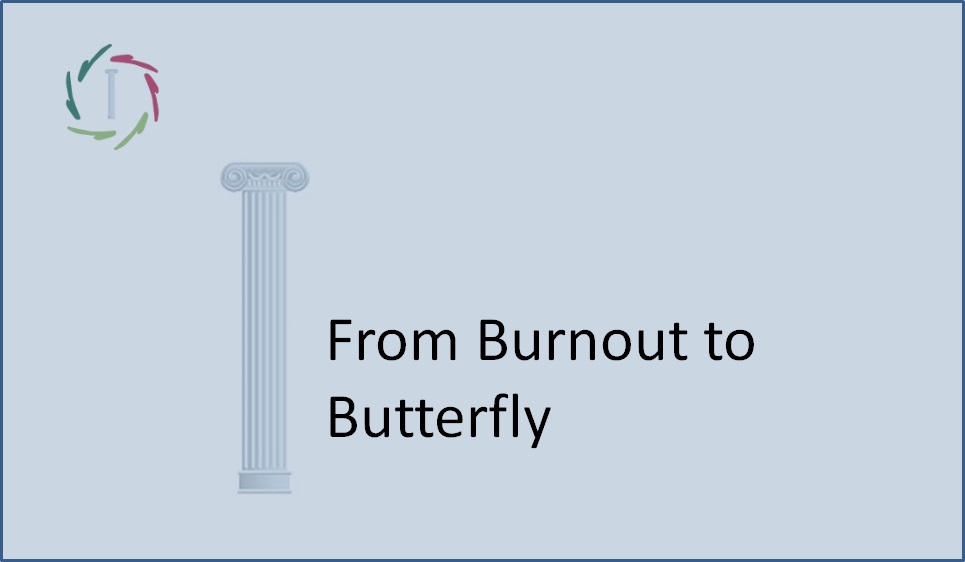Cynicism

Cynicism: a nicely burning fire is no more. From its ditch of retreat, now and then another fire comes forth, meant to hurt and even destroy.
Etymology of ‘cynic’: κυνικοι (kunikoi): ‘dogs’ in ancient Greek
referring to ruthless behavior and simple lifestyle of a number of their followers, as exemplified by Diogenes, nicknamed ‘the dog’. However, many of them were also witty and intent on regaining one’s goodness and happiness through the simple life.
Modernity uses the term for a mostly pessimistic or nihilistic lifestyle / mindstyle.
Such cynicism is never OK
It’s a negative symptom. The main cause seems to me to be related to a huge and fettering disappointment. Shattered ideals, one way or another, sometimes already for a very long time. One can see this in frequent utterances of the cynic against any kind of ‘idealism‘ or what he perceives as such.
Well… naïve idealism may turn out badly, as any naïve (in the sense of not-well-thought-over) ‘ism’… including cynicism.
But that’s not what the everyday ‘cynic’ is about. He’s after any ‘perceived idealism’. What the cynic attempts to attain seems to be mainly the temporary relief of his own suffering, through throwing around cynical remarks. Never mind who gets hurt. HE has been hurt and never got beyond.
So, in dealing with cynicism:
try to as little as possible feel hurt yourself.
Otherwise, you know, you might become the next cynic.
A cynic might turn into a bully towards you, especially if he thinks you’re an ‘easy target’. In such case, please, talk about it until matters are resolved. Don’t be vulnerable. [see: ‘Don’t Be Vulnerable’]
A frequent utterance of the cynic: “After all ‘so-called xx things’ have been shattered, all that remains is cynicism or foolishness.” An idea that is of course as idea by itself a symptom of cynicism. So, of course, the cynic thinks this way by definition.
Otherwise, he wouldn’t be a cynic.
Cynicism is a defense
by the cynic, who tries to ‘keep out the hurtful world.’ His remarks have a purpose like the needles of a porcupine. In a way, he’s a ‘clever bully’, intelligent enough to form needle-like cynical remarks.
Generally, he observes the world quite well, but very one-sided. His intelligence is incarcerated.
Burnout
Quite frequently in modern society, cynicism is a basic ingredient of ‘burnout’. Many researchers even see it as one of only three basic elements of the concept ‘burnout’.
It might be a main cause, explaining the correlation.
Looking closer into cynicism as ‘defending oneself through closing down (= into burnout)’, makes this quite conceivable. Personally, I see in it a cause as well as an attempt to keep burnout at bay. At failing, it turns on itself, the cynic person being all the more trapped in his own doing:
trapped into cynicism.
The fire doesn’t burn nicely anymore.
The cynic needs to get open but it’s precisely his defense that prevents him to do so.
Which brings us to how a cynic is frequently used by others:
Others may abuse a cynic (or any other bully) for their own implicit purpose
which is weak, showing a lack of inner strength
which then again is widespread, if push comes to shove. But we can all work on that!
Anyway, to the cynic, this is sad. He is the first victim. Moreover, it makes his world all the more aggressive, his own stance all the more to be defended, in a vicious circle.
The environment makes the cynic.
It’s also where he can find a more proper place. Responsibility is shared.


